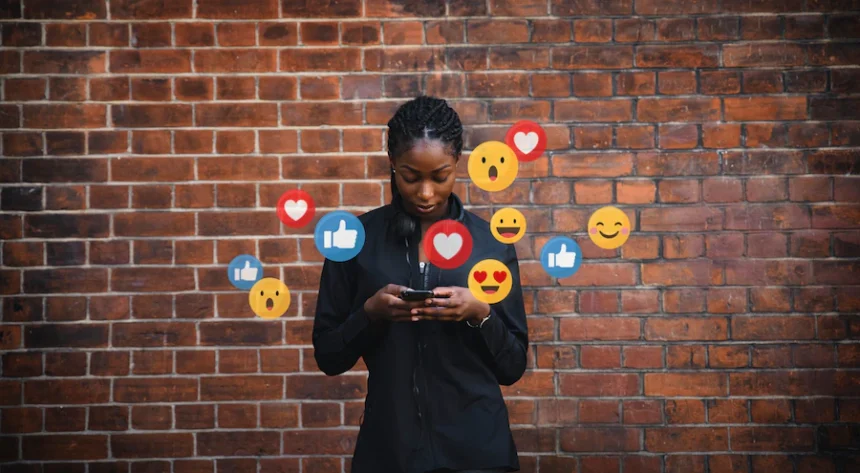In today’s hyperconnected world, social media has become an integral part of our lives. Platforms like Facebook, Instagram, Twitter, and TikTok offer a multitude of benefits, including staying connected with friends and family, sharing experiences, and accessing information. However, as social media usage has increased, so has the concern about its impact on mental well-being. It is crucial to understand how to manage social media effectively to safeguard our mental health.
One of the primary concerns associated with social media is the potential for negative effects on self-esteem and body image. People often compare themselves to others based on carefully curated posts and photos. It is essential to remember that social media is a highlight reel, and individuals often present an idealized version of their lives. Constant exposure to such content can lead to feelings of inadequacy and low self-esteem. To manage this, it is important to cultivate a healthy perspective by reminding ourselves that social media is not an accurate representation of reality. We should focus on self-acceptance and appreciate our own unique qualities.
Another challenge posed by social media is the fear of missing out (FOMO). Scrolling through friends’ posts about parties, vacations, or achievements can trigger feelings of loneliness and exclusion. It is important to remember that social media only showcases a fraction of people’s lives and doesn’t capture the complete picture. Engaging in mindfulness techniques, such as grounding oneself in the present moment, can help reduce FOMO and promote a sense of contentment with our own lives.
The constant barrage of information and opinions on social media can also contribute to feelings of anxiety and stress. The 24/7 nature of these platforms can make it difficult to disconnect and relax. Setting boundaries for social media usage, such as designating specific time slots or implementing digital detoxes, can be effective in managing anxiety. Creating a tech-free bedroom environment can also improve sleep quality, as the blue light emitted by screens can disrupt sleep patterns.
Cyberbullying and online harassment are serious issues that can have severe consequences on mental well-being. The anonymity provided by social media platforms can embolden individuals to engage in negative and hurtful behavior. It is crucial to report and block individuals involved in such activities and reach out for support when needed. Building a supportive network of friends and family both online and offline can help mitigate the negative impact of cyberbullying.
To manage social media effectively, it is vital to be mindful of the content we consume and the accounts we follow. Unfollow or mute accounts that consistently make you feel bad about yourself or promote unrealistic standards. Instead, curate your feed with accounts that inspire and uplift you. Seek out communities and groups that share your interests and values, fostering a sense of belonging and support.
Engaging in positive and meaningful activities offline can also help balance the time spent on social media. Pursuing hobbies, spending time with loved ones, and engaging in physical exercise are all essential for overall well-being. Setting goals and focusing on personal growth can shift the attention away from social media and foster a sense of accomplishment and fulfillment.
Finally, it is crucial to remember that social media is a tool, and its impact on mental well-being depends on how we use it. By practicing self-awareness, setting healthy boundaries, and nurturing a positive mindset, we can harness the benefits of social media while safeguarding our mental health.
In conclusion, managing social media and its impact on mental well-being requires conscious effort and self-awareness. By cultivating a healthy perspective, setting boundaries, and engaging in meaningful offline activities, we can navigate the digital landscape while prioritizing our mental health. Social media should be a source of inspiration and connection rather than a cause for stress and anxiety. Let us strive for a balanced approach to social media usage that supports our well-being and enhances our lives.










